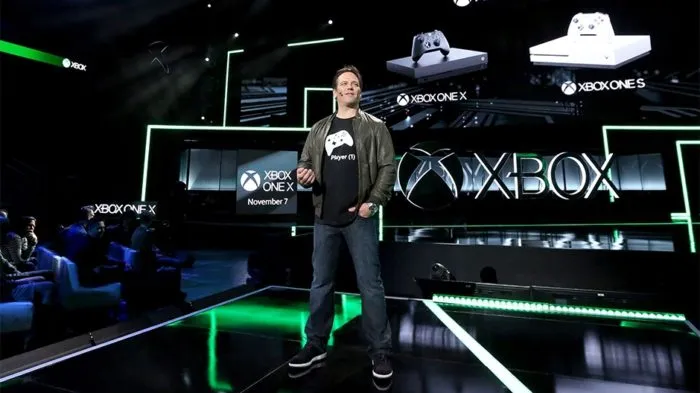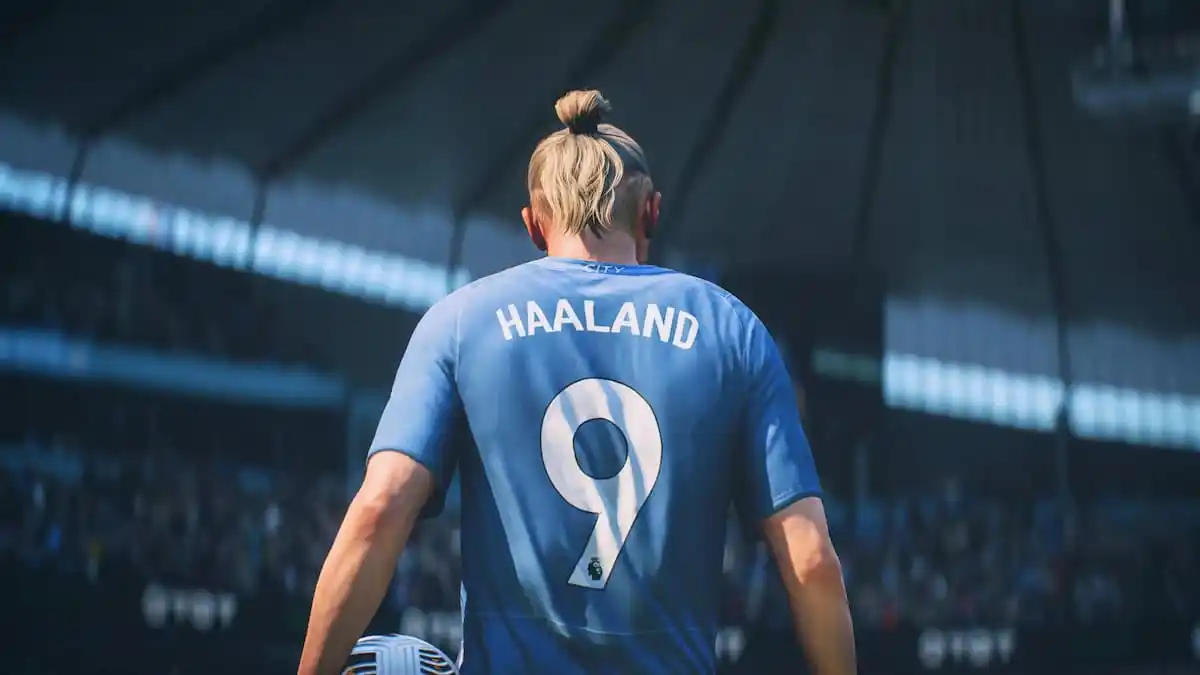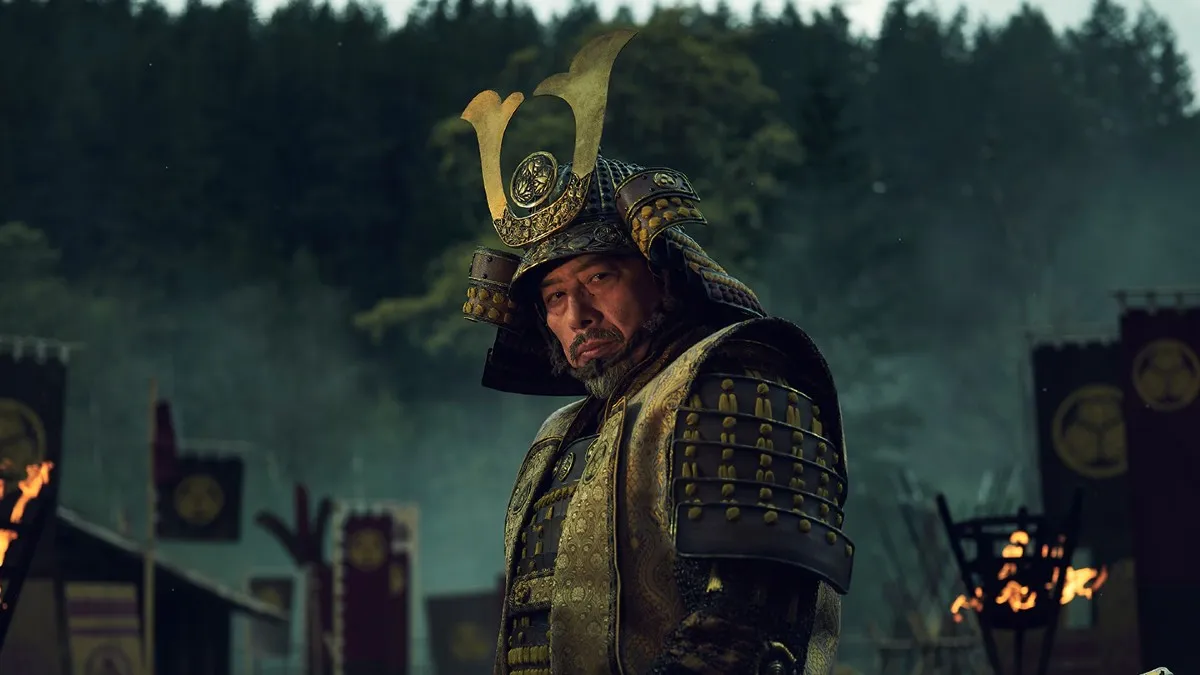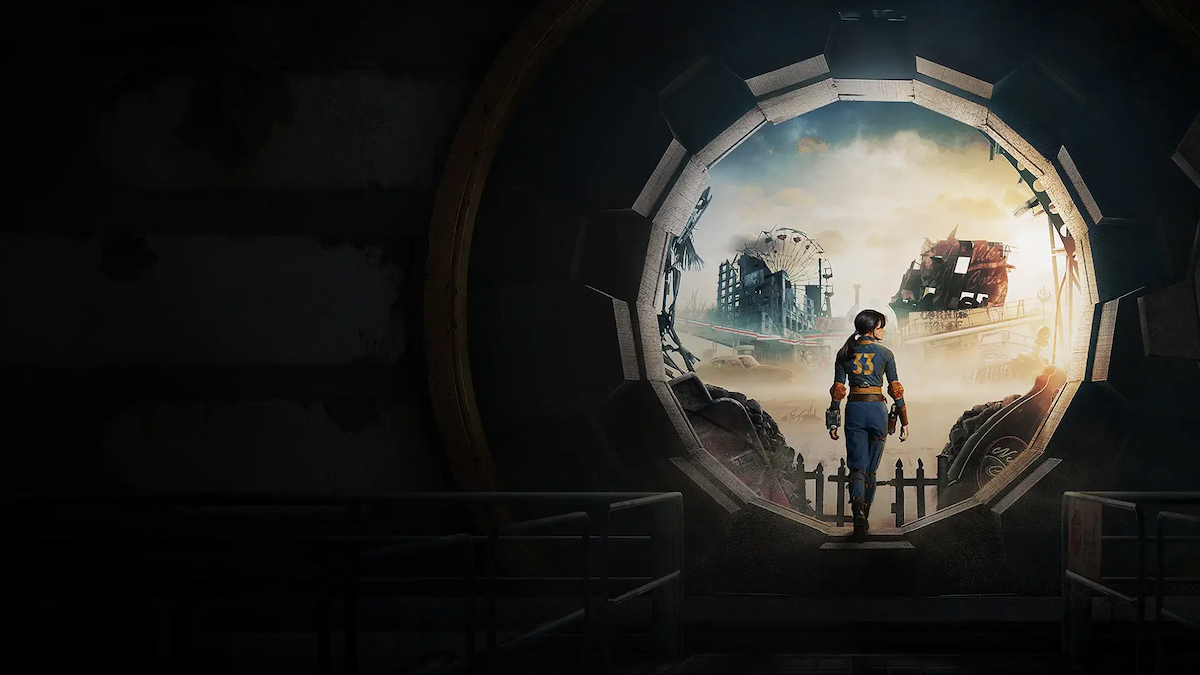2017 is surely in the conversation for one of the best years we’ve ever seen in the gaming industry. Slick new hardware and literally dozens of exceptionally good video games mean that it’ll likely be remembered as a golden era for the current generation. Nintendo’s return to ascendancy has been astonishing to behold, with stunning new games and a hybrid console that everyone wants to get their hands on. Sony, too, continued to accelerate away from its competition as a result of its knock-out blow of well-received exclusive titles. The PS4’s recently confirmed 70 million lifetime haul shows no signs of slowing down, and Tokyo will indeed look back on 2017 with fond memories.
Microsoft, however, hasn’t been nearly as involved. The company spent most of the year talking up 4k resolution, HDR, and the teraflops of its latest Xbox One X console, which didn’t launch until November. Where other publishers enjoyed their time celebrating game releases and shining under the industry spotlight, Microsoft found itself in sweat trying to avoid being roasted. The year was articulated by a PR push to deflect attention away from a lack of content and toward the big release Xbox One X. The world’s most powerful console has since arrived and has recorded notable commercial success. But the excitement has ultimately been over-shadowed by huge question marks over the future of Microsoft’s first-party software lineup. The delay of Crackdown 3 and PUBG’s recent technical woes haven’t helped the situation.
Unfortunately, the growing narrative that Microsoft isn’t producing compelling exclusive games, rather than the launch of the Xbox One X, has been the key takeaway 2017. The cancellation of Scalebound in January got the year off to a bad start, and Microsoft has found itself trying to massage the problem ever since. Yet, in the face of immense pressure from both Sony and Nintendo, it just hasn’t been able to produce the content to back that up. Of its most reputed and established franchises, Halo Wars has limited appeal, and Forza, though an undoubtedly excellent racing franchise, isn’t quite the caliber of launch game most Xbox users would have wanted for the X. Cuphead, on the other hand, has visual flair, tough as nails gameplay, and represents a unique treasure that has been a triumph for Microsoft. But it speaks volumes about the state of the Xbox brand when the console’s most notable game was a 2D side-scroller from an independent developer. Charm and innovation aside, Cuphead was never going to measure against titles like Horizon Zero Dawn or Super Mario Odyssey.

Backwards compatibility, however, has been one area in which Microsoft’s efforts to mediate these issues has been somewhat of a success. The arrival of classic original Xbox games joining the lineup of 360 titles in October was a nice gesture, and Microsoft’s commitment to the cause now has a distinct passion project feel to it. What’s more, it’s offering a service that its competitors charge money for, doing well to add value to the system in the face of a barren spell of new game content. Xbox Game Pass, too, is another function that has that feels positively pro-consumer, lending games to users via a subscription model. Game Pass is less expensive than PlayStation’s PSN equivalent and actually allows games to be downloaded rather than streamed. It’s shaping up to be the service that PSN should always have been. Again, though, it’s worth noting that, as with the launch of the Xbox One X, Forza 7, and PUBG, these two features have arrived in the last quarter of 2017.
The year, then, has been one of transition for the Xbox One brand. At least we hope so. While it’s safe to say the Xbox brand has continued to prosper financially this generation, in 2018, Microsoft needs to clarify what it represents moving forward. Is it just a user-friendly box that appeals to tech-savvy gamers wanting the best place to play third-party games? Or is the Xbox One going to start producing the content and scoring the marketing deals to rival Sony and Nintendo? With two great machines in the Xbox One S and X, there’s still certainly time yet to end the generation on the front foot.
Ultimately, though, looking at 2017 in isolation, judged against the runaway success enjoyed by its rivals, the year has been one to forget for Microsoft. Despite launching this year, a lack of content to really showcase the power of the Xbox One X means that 2018 is going to be the year that defines Microsoft’s premium machine. And for the Xbox One brand as a whole, anticipated exclusives such as Crackdown 3 and Sea of Thieves mean that Xbox users will be looking to the future rather than reveling in the 2017’s scrapbook. In any other year, Microsoft’s lack of new content would have been far less of an issue, but the past twelve months have just been so immense from Sony and Nintendo that it finds itself desperately needing a fresh start in 2018.




